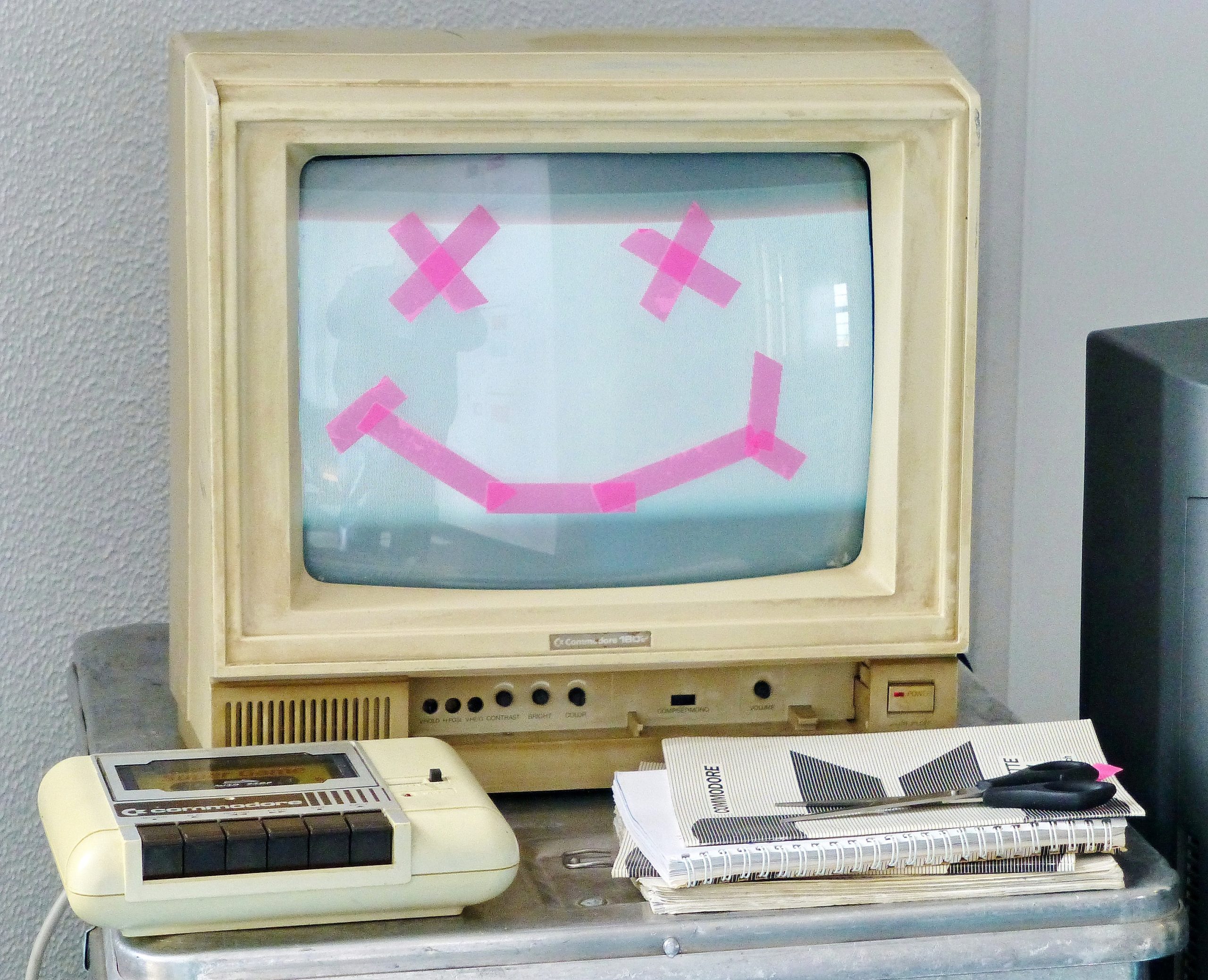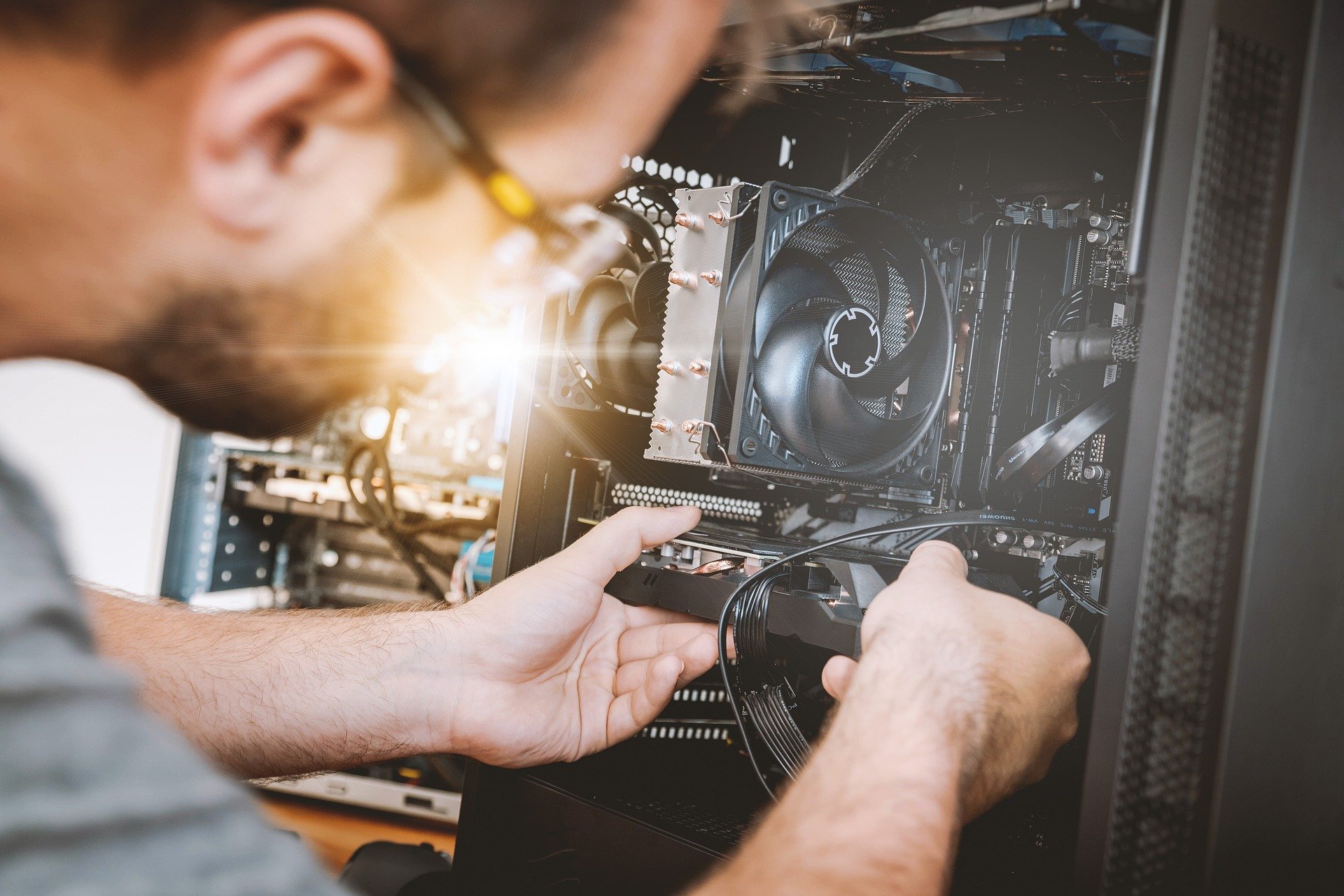For a lot of us, or PCs can become like our babies so when broken, we’ll keep fixing them but there comes a time when we finally have to let go and replace them? When is that time?
When to keep fixing
Computer issues range from superficial to deep functional issues. If the issue is just an aesthetic issue, for example, the casing is dinged a bit then there’s no need to panic. As long as this doesn’t affect performance then it’s fine.
Software repairs such as malware are also not worth throwing the whole machine away. There are several solutions and even preventative measures such as antiviruses for dealing with them. Some hardware issues such as battery and charger issues can also be easily fixed and dealt with and shouldn’t cost too much either. But there comes a time where you should concede defeat and replace the PC. There are several considerations to keep in mind.
The cost
When your PC needs a repair, the first thing to consider is how much your current PC is worth based on its age and functionality. This should then be followed by getting a diagnosis and quote for how much it’s going to cost as The Computer Guy blog suggests. The rule of thumb is to never spend more than 25% of the PC’s worth on repairs at a time. If this has become a norm because of regular and serious breakage, then it might be time to replace your machine.
In the end, you could offset the costs by selling the older PC or trading it in for a discount anyway.
The parts are so outdated that repair shops struggle to get them
According to tech website Chron, the average lifespan of a PC can range from three to five years. Which might be theoretically correct but in reality, we all know we keep them much longer than that. As stated in the article, depending on their use, they can even last for decades. The issue then becomes the availability of parts as new models come out and some parts become redundant. When you suddenly struggle to just get basic repairs done because of this issue, it might be time to let go.
Sunk Cost Fallacy
This is a concept in Economics and business that relates to a cost that can never be recovered. This can be in time, money or other resources. The fallacy goes on to assert that people tend to continue investing time and resources in endeavours where they’ve invested irrecoverable time and resources instead of letting go and starting over. So you’ve invested years and money into several repairs and feel that it would be a waste to suddenly just give up on your machine, well rather think of it this way, the time and money you invested gave you the prolonged use that you enjoyed. Consider how much more money you’ll continue losing when in reality, you will have to buy a new machine eventually anyway, it’s time to stop the bleeding sooner and let it. It’s called a “fallacy” for a reason.
The quality of your PC’s life and the lifespan also depend on how well you take care of it and having reasonable repairs and updates in a timely manner, but there’s a point where like all machines, you have to let go. Hopefully these tips have made the decision easier.





